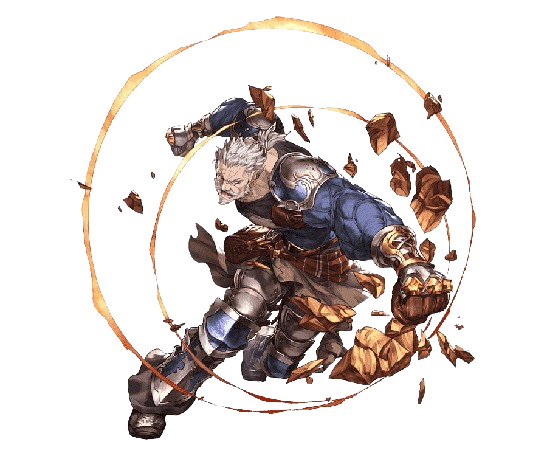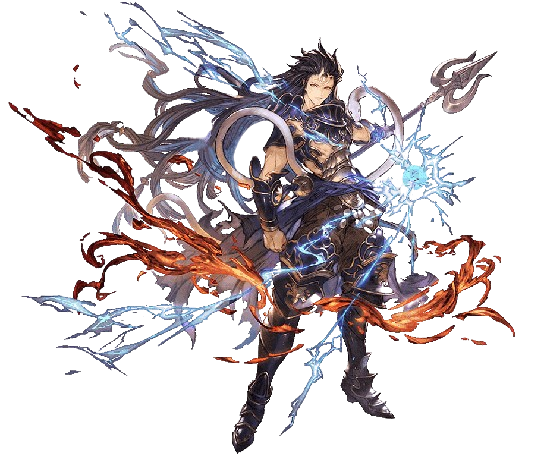Introduction
Magic is a core element of many fantasy games, adding depth, excitement, and mystery to the gaming experience. However, creating a magic system that feels realistic and balanced is a challenging task for any game development company. Players want the freedom to explore powerful spells, but they also desire a game that is fair and grounded in a system that makes sense. This article delves into the key components of designing a realistic magic system in fantasy games, focusing on world-building, rules, limitations, and the balance between power and challenge.
Boost Your Fantasy Game Efficiency

The Importance of Realism in Magic Systems
Magic in fantasy games allows players to immerse themselves in a world where the impossible becomes possible. Whether it’s casting fireballs, teleporting to distant lands, or summoning mythical creatures, magic offers an escape from the limitations of reality. However, the success of a magic system often relies heavily on the expertise of a skilled game development agency, as creating a seamless and believable experience requires careful planning and execution.
In fantasy games, the best magic systems balance power with consequence. Players should feel empowered when using magic, but they must also deal with challenges and limitations that prevent the system from becoming too easy or overpowered. This realism creates a sense of satisfaction and challenge, encouraging players to think strategically and immerse themselves more fully in the game’s world.
Defining the Rules of Magic
Every realistic magic system starts with rules. These rules define what magic can and cannot do, providing boundaries that players must work within. A well-defined set of rules keeps the system from feeling arbitrary, giving players clear expectations. It is the job of a game development service to define these rules clearly so that they feel consistent and logical within the game’s world.
1. Source of Magic
A critical aspect of creating a realistic magic system is determining where magic comes from. Is it an inherent ability that certain characters are born with, or is it something that anyone can learn with the right training? The source of magic often shapes the game’s entire narrative and world-building. For example, in some games, magic might come from ancient relics or artefacts, while in others, it could be drawn from the natural world or different dimensions.
A fantasy cricket game development company may draw inspiration from competitive gameplay mechanics, incorporating magic systems that feel both logical and engaging within their specific genre. Similarly, a fantasy cricket game development agency might focus on creating narrative consistency in how magic is used across various game modes, ensuring players feel immersed in a coherent system.

2. Cost and Sacrifice
Realistic magic systems often include a cost or sacrifice. This can be physical, such as using stamina or health points, or it can be mental, affecting the character’s psyche or causing temporary debuffs. By introducing a cost, game developers can prevent magic from being overused and add a layer of strategy.
In Dark Souls, for example, using spells depletes a player’s mana bar, forcing them to choose between using magic or conserving resources for future battles. A fantasy football app development company may integrate similar mechanics in their games, adding an extra layer of realism and depth to the player’s experience.
3. Limitations and Boundaries
Magic without limits can quickly spiral out of control, disrupting game balance and making the gameplay too easy or chaotic. Realistic magic systems include boundaries that prevent overuse. These can take the form of cooldown periods, limited spell slots, or the need to gather rare resources to cast more powerful spells. A fantasy baseball app development company might, for instance, create magic-based systems that influence in-game statistics, forcing players to use magic strategically rather than overwhelming the competition.
Jump Into Action: Start Fantasy Game Project

Types of Magic: Variety and Depth
A well-designed magic system offers variety, providing players with different types of magic that serve various purposes. Each type should have unique strengths and weaknesses, contributing to a diverse and immersive experience. Customizing these systems is crucial for a game development agency to ensure players can connect with the game world on a deeper level.
1. Elemental Magic
One of the most common forms of magic in fantasy games is elemental magic, where players wield the powers of fire, water, air, and earth. These spells can be visually stunning and offer opportunities for creativity, such as combining elements to create new effects. Elemental magic systems often have natural oppositions; fire is weak against water, for instance allowing for strategic gameplay.
2. Healing and Support Magic
Healing and support spells are crucial in fantasy games, allowing players to protect themselves and their allies. These spells often come with limitations, such as long casting times or the need to be in close proximity to the target. Game developers specializing in fantasy baseball app development services can offer innovative ways to introduce healing mechanics into sports games, blending the worlds of fantasy and real-time sports simulation.
3. Dark and Forbidden Magic
Dark magic, such as necromancy or curses, often comes with higher risks and costs. These types of magic can be incredibly powerful, but they may corrupt the user or come with moral consequences within the game’s narrative. This duality adds complexity to the magic system, offering players powerful tools at a great price.

Balancing Power: Risk and Reward
A key aspect of creating realistic magic systems is balancing power with risk and reward. Magic should feel powerful but not invincible. To achieve this, developers often introduce risks such as spell misfires, the potential for backlash, or the chance of unintended consequences.
Integrating Magic into World-Building
For a magic system to feel truly realistic, it must be integrated into the broader world-building. Magic should not exist in isolation; it should influence the world’s culture, politics, and economy. Hiring a game developer with expertise in fantasy world-building is crucial to ensuring that magic feels naturally embedded in the game’s universe, influencing all aspects of life, from governance to daily rituals.




